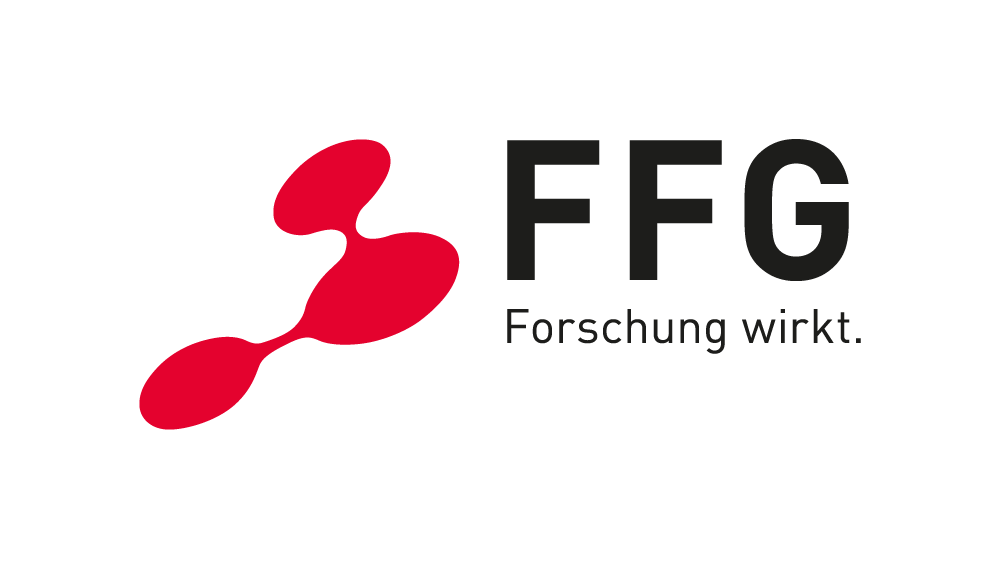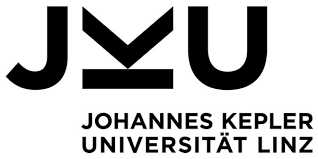Research program: Symbiotic Mechatronics
Today’s world is faced with radical changes calling for novel orientations of industrial branches, e.g. in product development, engineering, or manufacturing, and of our daily lives as well. Dramatic progress in information and communication technology has strongly pushed worldwide networking. New concepts and prominent initiatives such as “internet of things”, “cyberphysical systems”, “Industry 4.0”, or “Factories of the Future” give visible evidence thereof and aim at stimulating radical innovations and significant product improvements. Most of these concepts include mechatronic systems as indispensable parts and request strong mutual interaction among these systems and with various physical, digital, human and ambient environments. Following nature’s example, we are bringing mechatronic systems into mutual, beneficial interrelations with their interacting partners, be it press brakes, digital twins, disabled persons, or indoor climate. This partnership resembles an “organism” for which the principle of symbiosis will open new potential benefits for complex technical systems.
Within this novel paradigm of “Symbiotic Mechatronics”, we investigate mechatronic systems as interdisciplinary enablers providing the means to vitally support the above-mentioned interactions. Exceptional challenges of this research program are (i) the necessary opening up of state-of-the-art mechatronics towards multi-facetted, multi-layered interactions between mechatronic systems and their symbiosis partners, and (ii) accompanying advances in core mechatronics disciplines.
The “K2 Center for Symbiotic Mechatronics” is establishing the scientific foundations for this metamorphosis. The research program comprises three areas devoted to major industrial challenges and the strategic area “Symbiotics” that aims at technologies and methods provoking breakthrough results, thus accepting high risks of research beyond state of the art.
National and international founded projects
The LCM team has comprehensive experience in tendering for EU projects and other international project plans. Some of the results of these projects have since been successfully brought onto the market. We have submitted project proposals for the following national programmes and structural funds:
ETP: European Technology Platforms: Initiative to support international networking. Funding: Horizon 2020 – Rules for Participation (100/70%) | JTIs: JTI – Joint Technology Initiatives: public-private partnership to support transnational research collaboration in selected technological fields | cPPPs: contractual Public Private Partnerships | EIPs: European Innovation Partnerships | ERANET: European Research Area | EIT (KICs): European Innovation and Technology Institute – Knowledge and Innovation Communities | HORIZON2020: research programm from the eu commission | FET: Future and Emerging Technologies | Art. 185-Initiativen








